环保型热管钝化剂的研究毕业论文
2020-04-15 18:10:36
摘 要
随着科学技术的发展,人们对环保要求越来越高,逐渐提出了对热管进行无铬钝化的要求。由于铬类化合物会对环境以及人的身体造成极大的破坏,和国家对铬类化合物禁止使用的禁令,探究新的环保型热管钝化剂已经迫在眉睫。现阶段,无铬钝化技术有很多,以植酸这一有机酸对热管进行钝化的技术,在热管表面生成的钝化膜是比较稳定的,可以在较大的pH范围内进行钝化。并且植酸可以作为食品添加剂,可以说植酸几乎是无毒性的。
本次实验的钝化对象是20钢,这是一种低碳钢。通过查阅大量资料,得出对于20钢的最佳钝化配比,然后设计实验,控制各个药剂的投入量来验证这一钝化配比的正确性以及有效性。
确认钝化的最佳配比之后,进行下一步的实验,对钝化后的热管进行热处理,该实验的目的是验证这一钝化配比形成的钝化膜,能否在高温中依然保持着放置热管生锈的能力。
通过观察实验现象,分析实验结果,最后汇总归纳,得出最后的结论。
关键词:热管 钝化 草酸 热处理
Environmental protection heat pipe passivation agent
Abstract
With the development of science and technology, people have higher and higher requirements for environmental protection. Since chromium compounds will cause great damage to the environment and human body, and the national ban on chromium compounds, it is urgent to explore new environment-friendly heat pipe passivation agent. At present, there are many chrome-free passivation technologies. Phytic acid, an organic acid, is used to passivate the heat pipe. The passivating film generated on the surface of the heat pipe is relatively stable and can be passivated in a wide range of pH. And phytic acid can be used as a food additive, it can be said that phytic acid is almost non-toxic.
The passivation object of this experiment is 20 steel, which is a kind of low carbon steel. After consulting a large number of data, the best passivation proportion for 20 steel was obtained, and then the experiment was designed to verify the correctness and effectiveness of the passivation proportion by controlling the input amount of each agent.
After confirming the optimal proportion of passivation, the next step of the experiment is to conduct heat treatment on the passivated heat pipe. The purpose of this experiment is to verify whether the passivating film formed by the passivating proportion can still maintain the ability to place the rust of the heat pipe at high temperature.
By observing the experimental phenomena, analyzing the experimental results, and finally summarizing the conclusion.
Key words: Heat pipe;passivation;oxalic acid;heat treatment
目录
第一章 绪论 1
1.1课题的研究背景及目的 1
1.2金属钝化 1
1.2.1金属钝化原理 1
1.2.2钝化的意义 1
1.4传统钝化剂的使用 1
1.3国内外无铬钝化的研究现状 2
1.2.1无机盐类钝化 2
1.2.2有机物钝化 2
1.3小结 3
第二章 植酸对热管钝化的研究 4
2.1植酸的化学性质 4
2.2植酸的钝化机理 4
2.3植酸的研究现状 4
第三章 植酸对热管钝化的实验 6
3.1 实验主要流程 6
3.2 实验准备 6
3.2.1实验器材 6
3.2.2实验药品 6
3.2.3 实验步骤 7
3.3验证最佳配比 8
3.4热管的热处理 11
3.4.1热管热处理部分的具体步骤 11
3.4.2马弗炉的具体使用过程 12
3.4.3实验现象及部分结论 13
3.5热管的腐蚀现象分析 16
3.5.1其他被破坏的钝化膜的电镜观察 16
3.5.2对产生的腐蚀现象的猜测 18
3.6实验结果与分析 18
第四章 总结 20
参考文献 21
致 谢 24
第一章 绪论
1.1课题的研究背景及目的
热管是一种导热效果极好的传热装置,热管被广泛运用于各个领域。热管可以被运用于卫星,难以人为管理的通讯设备,电子工业以及余热回收等各个领域[1]。
碳钢、不锈钢、低合金钢及有色合金等是热管经常用到的材料[2]。用这些材料制成的热管表面容易产生化学反应,会减少热管的使用寿命。为延长热管的使用寿命,经常采用在热管表面形成一层致密的氧化膜的方法,也就是使用钝化剂对热管表面进行钝化。
1.2金属钝化
1.2.1金属钝化原理
金属产生钝化现象的条件有以下3点:
①金属在一定条件下会生成腐蚀产物;
以上是毕业论文大纲或资料介绍,该课题完整毕业论文、开题报告、任务书、程序设计、图纸设计等资料请添加微信获取,微信号:bysjorg。
相关图片展示:
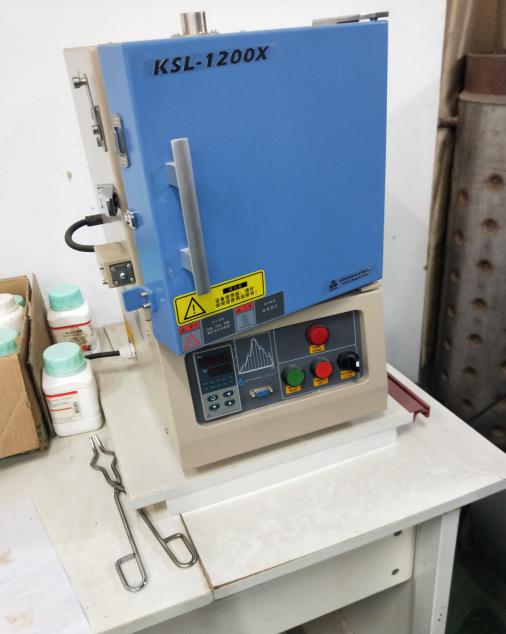
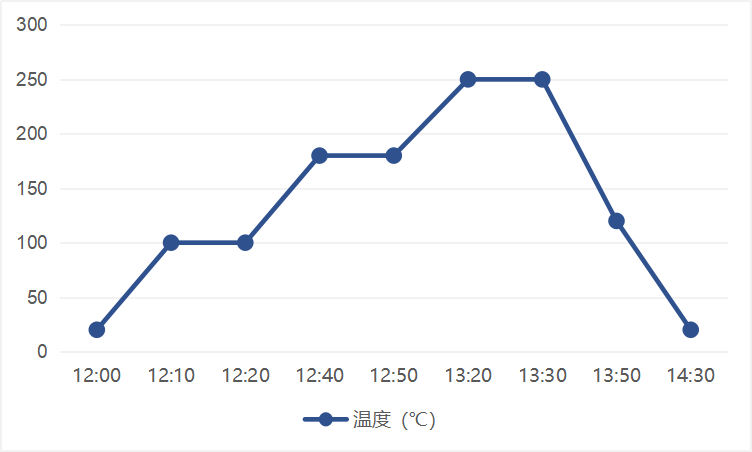
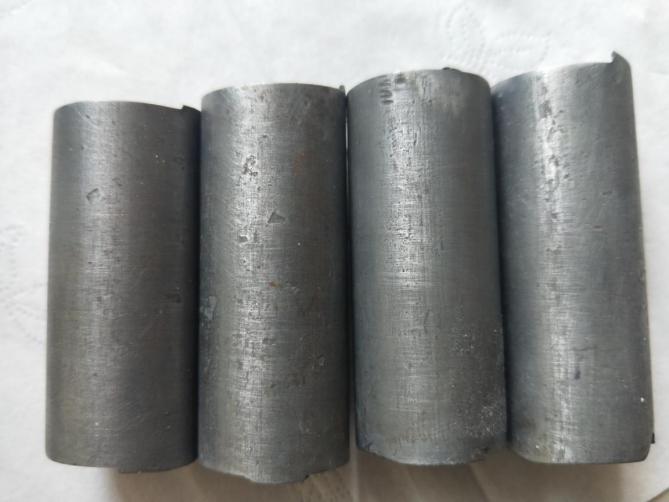
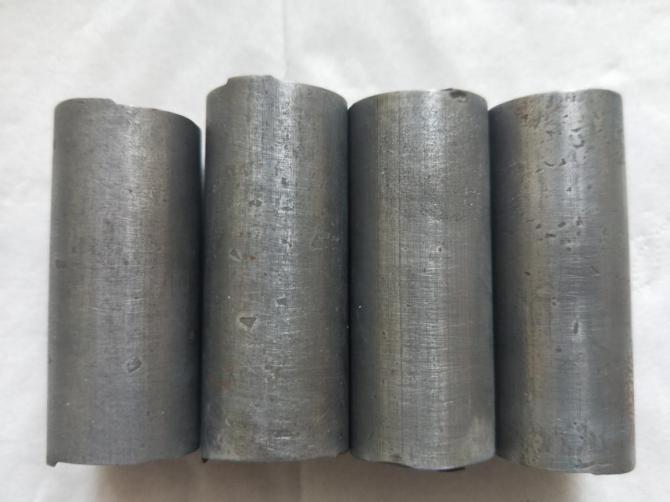
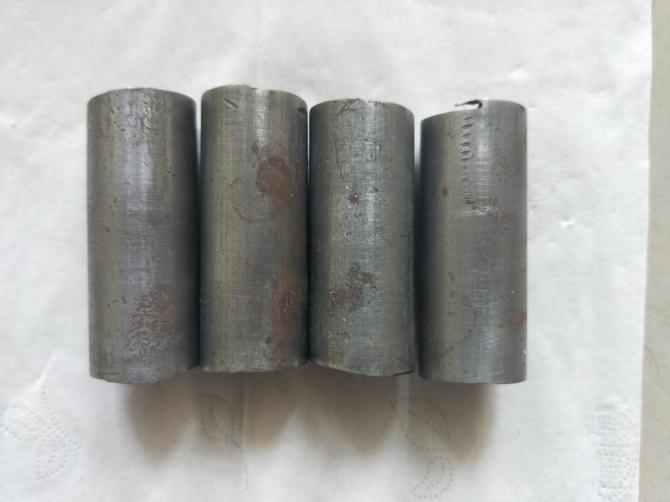
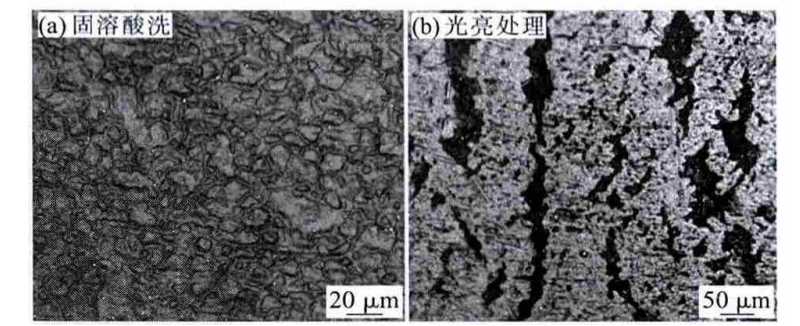
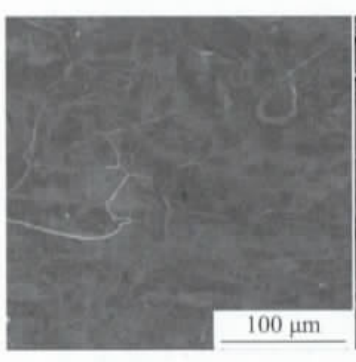
课题毕业论文、开题报告、任务书、外文翻译、程序设计、图纸设计等资料可联系客服协助查找。



